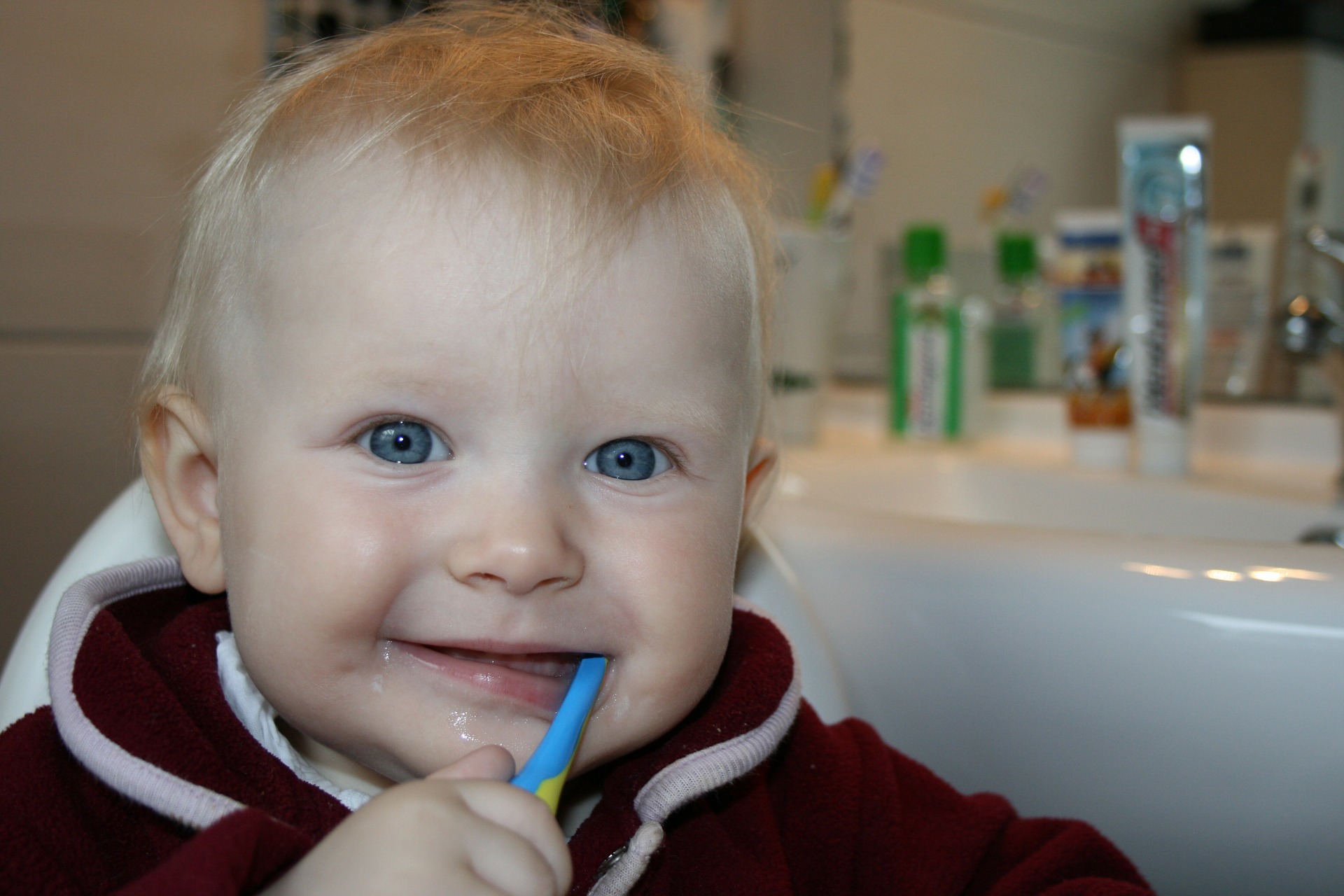Spotting The Signs Of Childhood Illnesses: What Every Parent Should Know
As a parent, nothing is more vital than your child’s health. From the moment they’re born, you do everything you can to keep them safe and happy. But no matter how diligent you are, children are still prone to getting sick.
Thus, every parent needs to recognize the signs of childhood illnesses. Knowing what to look for can help you get your child the medical attention they need. Further will prevent children from severe health problems down the line.
Contents
Here Are Three Signs Of Childhood Illnesses

This article will review some of the common childhood illnesses and their symptoms. Whether you’re a first-time parent or already have one, understanding childhood illnesses is essential to keeping your child healthy and happy.
1. High Fever
A fever is a common symptom of childhood illnesses and is the body’s way of fighting off an infection. A high fever can be dangerous and lead to dehydration, seizures, and brain damage.
Some common causes of high fever include:-
- Viral infections ( such as the flu, colds, and mononucleosis)
- Bacterial infections ( such as strep throat, urinary tract infections, and pneumonia)
- Inflammatory conditions (such as rheumatoid arthritis, lupus, and inflammatory bowel disease)
- Heat exhaustion
- Medications
- Immunizations ( certain vaccines can cause a low-grade fever as a normal reaction to the vaccine)
Symptoms of high fever include a temperature reading of 100.4°F or above, chills, sweating, headache, muscle aches, dehydration, fatigue, and loss of appetite. In severe cases, high fever can lead to febrile seizure or delirium. It’s essential to seek medical attention if the fever persists over a few days. You should also look for other symptoms, such as difficulty breathing or a rash, as they may indicate a more severe illness.
2. Respiratory Issues
Respiratory illnesses are common in children, and they can be from mild colds to severe cases of pneumonia.
Some common other causes of respiratory issues are:
- Infections
- Allergies
- Staying Longer in Smoking Environment
- Air pollution
- Genetic factors
Thus, you should seek medical attention immediately if you see any sudden change in your child’s behavior. These symptoms can be signs of a respiratory illness and should not be ignored. In severe cases, these infections can further lead to respiratory failure, which can be life-threatening.
Related: Dry Cough In Kids: Possible Causes And Remedies
3. Diarrhea and Vomiting
You should watch out for signs of dehydration, such as dry mouth, sunken eyes, and lethargy. Apart from this, diarrhea and vomiting have symptoms that can lead to various causes.
Some common causes of diarrhea and vomiting include:
- Infections ( such as norovirus, rotavirus, and foodborne illnesses)
- Food intolerances ( such as lactose intolerance or celiac disease)
- Medications
- Food poisoning
- Inflammatory bowel disease ( conditions like Crohn’s disease and ulcerative colitis )
It’s essential to monitor a child’s symptoms, keep them hydrated, and seek medical attention if symptoms persist or worsen, if they have a fever, if there’s blood in their stool, or if they’re showing signs of dehydration. Treatment may involve identifying and treating the underlying cause and managing symptoms to prevent dehydration.
The Closing Lines
Knowing the signs of childhood illnesses can help you identify when your child needs medical attention and prevent their condition from worsening. Thus as a parent, it is essential to monitor your child’s health closely.
Read Also:
- 7 Common Diseases Affecting Children and How to Prevent Them
- Top Ways to Prepare Your Kids to Lead Successful Lives
- Why Not Make Brushing Fun for Your Kids



